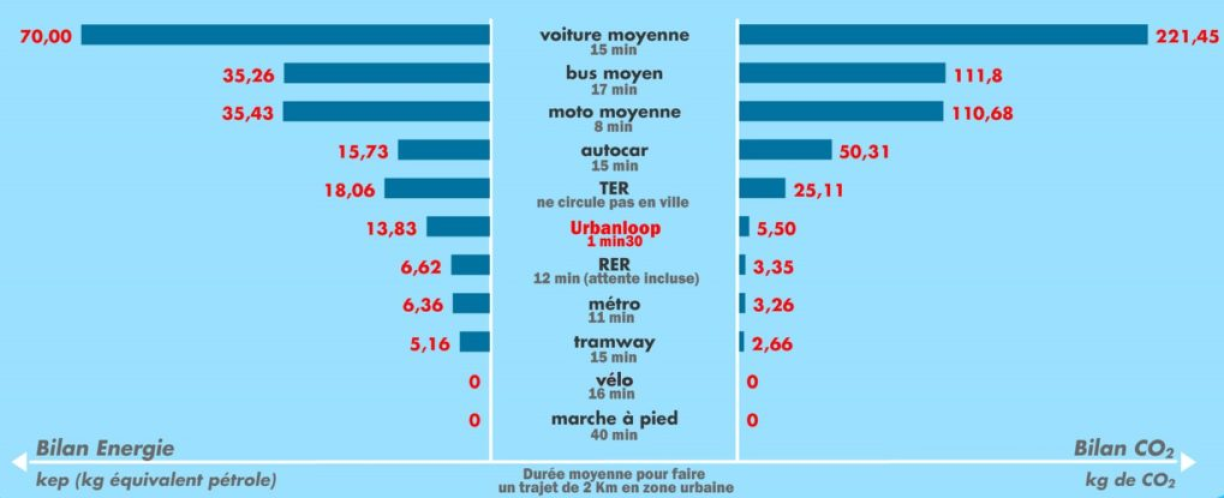On paper, and in the imaginative spirit of its creators, Urbanloop has all the qualities: it is compact, fast, inexpensive and ecological. A network of capsules moves on loops of interconnected rails below the city, aiming to remove cars and congestion above the surface.
The project has been taking shape for several years now, thanks to a rather exceptional combination of talents: no less than four engineering schools, a hundred students, three laboratories from the University of Lorraine and an institute are working on the design of Urbanloop - with a budget of €500,000.
The project is being supported by the metropolis of Grand Nancy, but many cities could be seduced by this new form of mobility in an urban environment - including Luxembourg.
The designers’ arguments are in tune with what city planners and residents want. Urbanloop allows excellent landscape integration in an urban environment. Sometimes underground, often at ground level, sometimes above ground, it adapts and integrates easily into the city and can easily be linked to other modes of transport. It is the first mode of transport that gives the street, currently used by cars, back to its residents. Now is the time to reclaim it.
In the suburbs, buses and trams are insufficiently filled to be profitable. In the city centre, they are too bulky and require dedicated lanes left free more than 90% of the time, which penalises other modes of transport.
Urban Loop consumes less than a euro cent per kilometre travelled.

If one considers that the budget of a metro is around €100 million per kilometre, that of a tram lies between €15 and €20 million per kilometre, Urbanloop could be built with €0.5 to €4 million per kilometre.
“Urban Loop is original,” explains Jean-Philippe Mangeot, director of the project,"because it is already an individual mode of transport. It uses recent progress in the fields of energy, electric traction and digital technology. I think this is one of the only systems that competes with the use of a car in town because it is faster and more secure. And it is inclusive: people with reduced mobility and the elderly can make use of it without problems.”
Urban Loop is a project aimed at medium-sized cities, but users would have to agree to leaving their car in the outskirts of the city, as is the case with P+Rs at the moment.
The next phase of the project is an experiment over several kilometres in the metropolis of Grand Nancy (in Tomblaine precisely), with five stations and around twenty capsules.